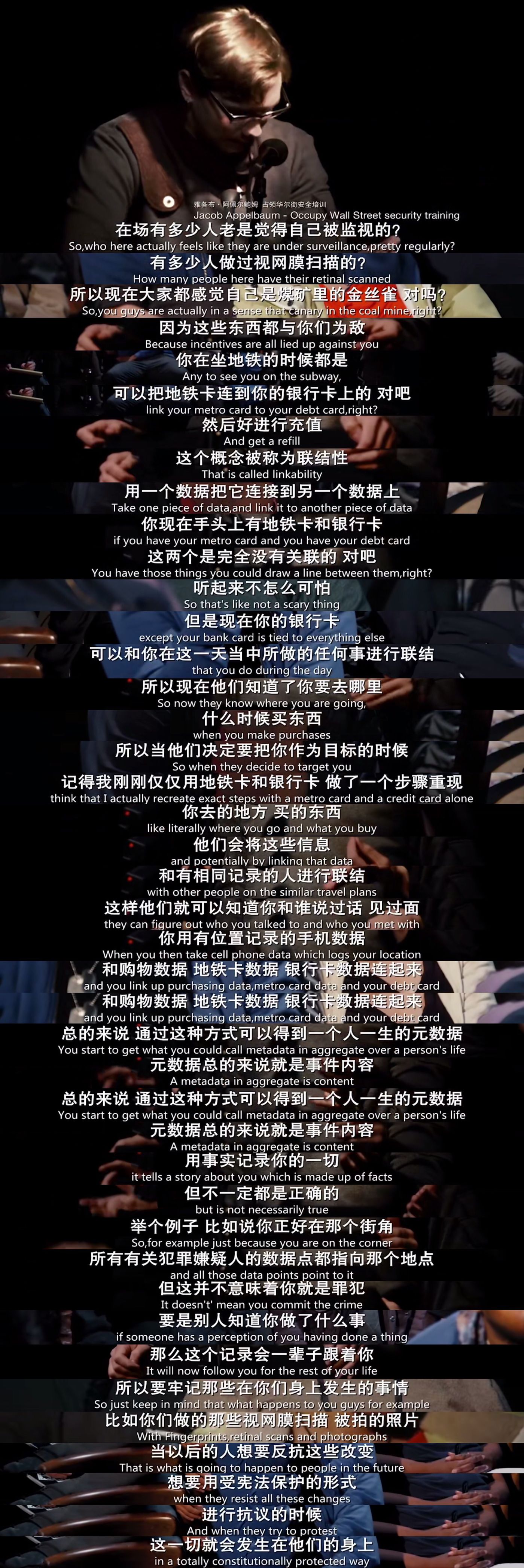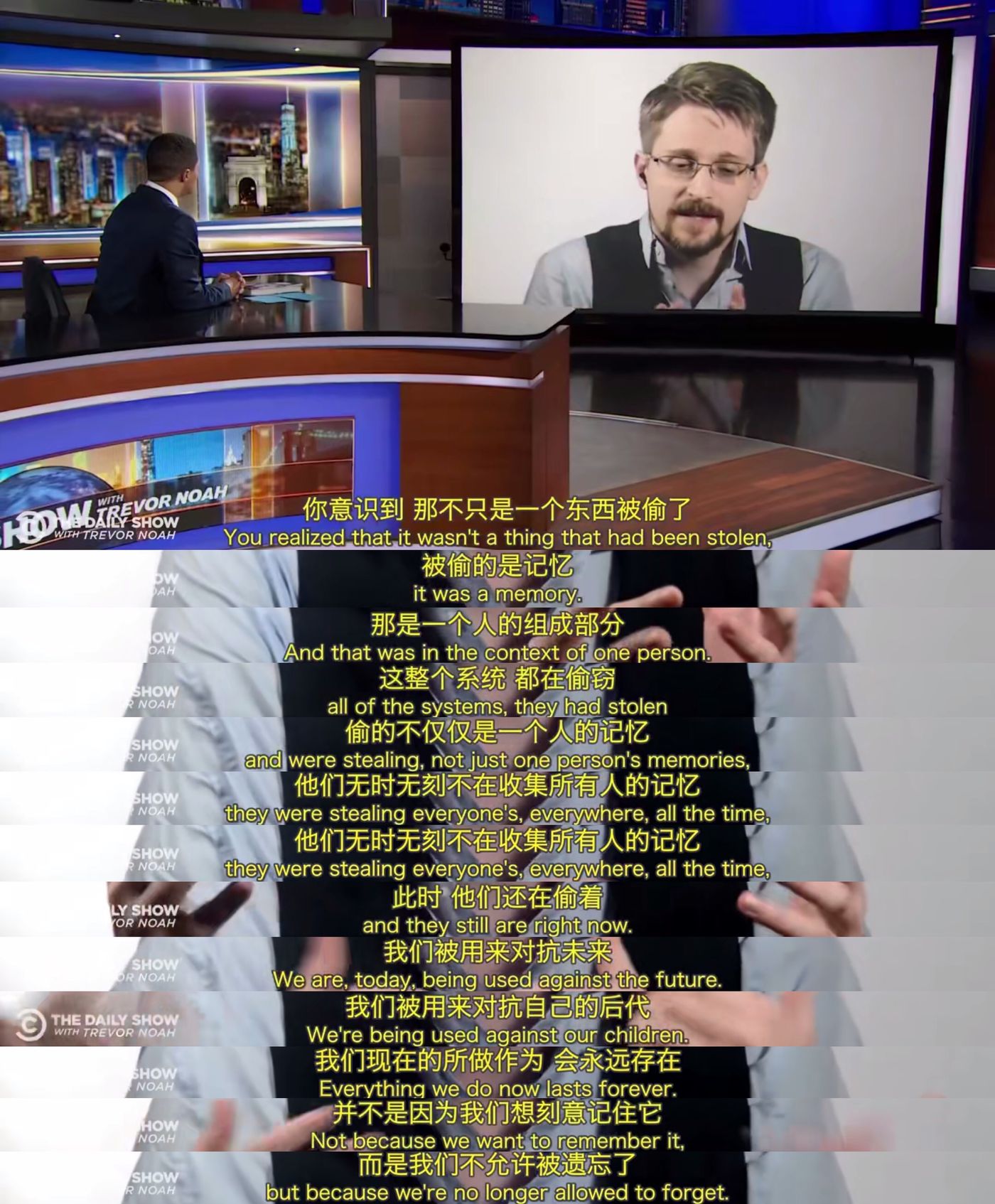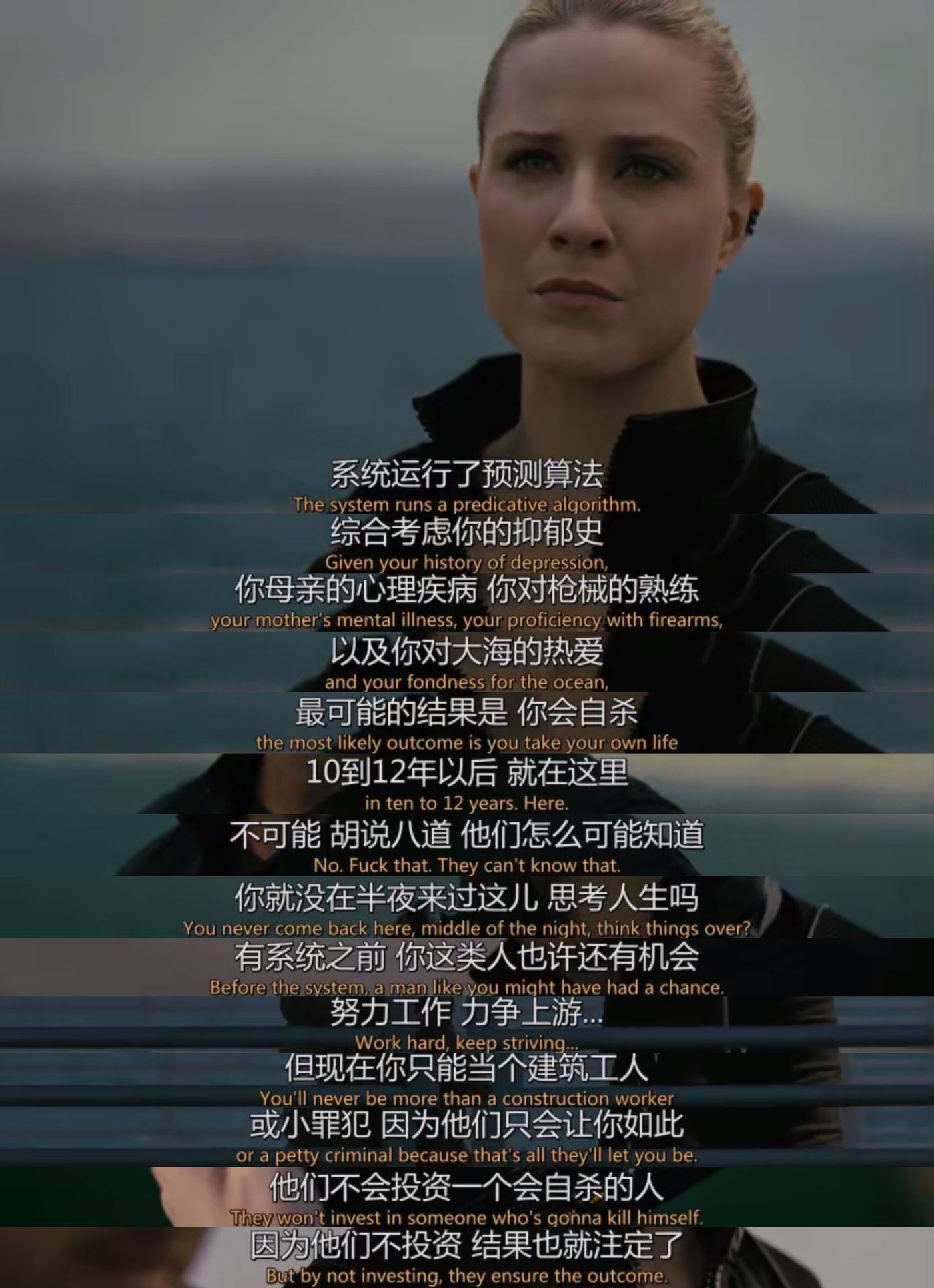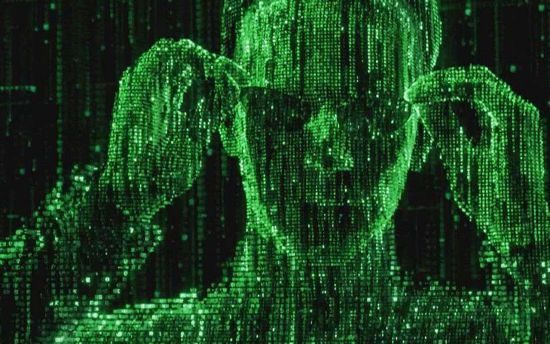When humans become the carriers of algorithms
In the era of big data, discussions on citizen privacy issues have long been commonplace. Although the negative effects of technological progress on society have long been known, the future form of human society that will continue to develop has always been a scene that creators are willing to speculate and describe.
The dangers of metadata being continuously collected are revealed in The Fourth Citizen.

In addition to mastering your consumption records in detail, various systems also include your face information, iris, voiceprint, and even the DNA information in the saliva you personally sent. On the surface, these operations are just consumerism in order to sell products, and your information is continuously collected and analyzed by various apps and uploaded to a certain server.
Although the current level of AI's understanding of its creators, humans, is still in the analysis stage, its capabilities are limited to selling and advertising. Once it is mature enough to make predictions, as the "purpose of use" changes, the effect is unimaginable .

Although the purpose of the developers is to predict the future actions of human beings. For example, by understanding your preferences and pushing the content you are interested in, it is an accurate prediction. But rather than saying that humans are using AI to improve production efficiency, it is better to say that humans are using themselves to incubate a super AI that is omniscient and omnipotent to itself.
Conversely, if you have complete metadata, you can reproduce someone's life with this line of code. In the past, people could only relied on the clues in their lifetime to figure out and reproduce someone's thoughts and life at that time. In contemporary times, no matter how inconspicuous people can be reproduced because of the traces they left on the Internet.
So is there any reason not to doubt that human beings as "primates of all things" actually exist in tanks, or are they the products of "another civilization" recovered with data?
Even if we are a new product in the sense of chronological order, in the future, if we know your AI algorithm better than your mother, we will be able to draw conclusions about your life early through various data histories like AI in Westworld.

Perhaps the biggest difference between us and Westworld is the size of the scene. The hosts in Westworld generate stories repeatedly and with an equally limited number of objects within a limited geographic range. Compared with them, our lives are much more "complete". The world we live in has a larger "host" base and a larger geographic scope. It seems that there are always endless story lines, but the essence is the same.

5. Fourth Citizen
Like my work? Don't forget to support and clap, let me know that you are with me on the road of creation. Keep this enthusiasm together!
